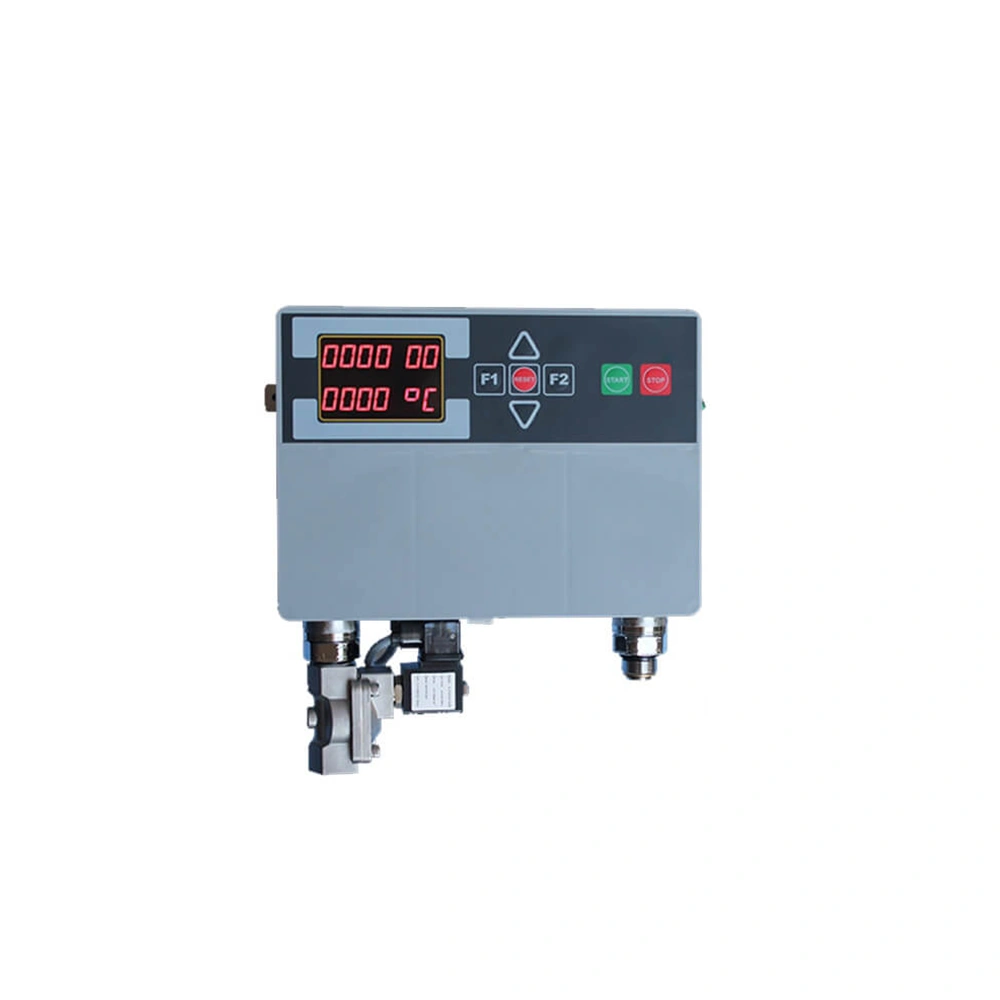Water Dosing Machine
Technicial Specifications
| MODEL | UNIT | MSD 50 | MSD 51 |
| CAPACITY | L | 0,5-99,5 | 0,5-99,5 |
| TEMPERATURE RANGE | OC | 0-50 | 0-50 |
| OPERATING PRESSURE | BAR | 2-6 | 2-6 |
| WATER SPEED | I/DK | 2-20 | 2-20 |
| WATER SUPPLY | INC | 12 | 1/2 |
| WIDTH | MM | 70 | 135 |
| LENGTH | MM | 260 | 300 |
| HEIGHT | MM | 315 | 370 |
| ELECTRIC POWER | W | 20 | 20 |
| MACHINE WEIGHT | KG | 5 | 6 |
Water dosing machines are vital components in various industries, ensuring precise control over water addition in manufacturing processes. Let’s delve into the intricacies and importance of these machines in detail.
Understanding Water Dosing Machines
Water dosing machines are precision instruments designed to accurately measure and dispense specific volumes of water into various manufacturing processes. These machines are utilized across a wide range of industries, including food and beverage, pharmaceuticals, chemical manufacturing, and wastewater treatment, among others. By providing precise control over water addition, these machines contribute to product consistency, quality control, and operational efficiency.
Key Components and Mechanisms
- Dispensing System: Water dosing machines feature a dispensing system comprising pumps, valves, and flow meters that control the flow of water into the process. These components are often made of corrosion-resistant materials to withstand the challenges of handling water and various fluids.
- Control Panel: The control panel of a water dosing machine houses electronic controls, interfaces, and sensors that enable operators to set and monitor the desired water dosage parameters. This includes adjusting flow rates, total volume, and timing sequences to meet specific process requirements.
- Precision Measurement: High-precision flow meters and sensors are integrated into water dosing machines to ensure accurate measurement and dispensing of water. These instruments employ various technologies such as ultrasonic, electromagnetic, or thermal mass flow measurement to achieve precise dosing control.
- Safety Features: Water dosing machines are equipped with safety features such as leak detection sensors, emergency stop buttons, and fail-safe mechanisms to prevent overfilling or spillage, ensuring operator safety and protecting equipment integrity.
Advantages of Water Dosing Machines
- Precision Dosing: Water dosing machines offer unparalleled accuracy in dispensing water, allowing for precise control over the composition and quality of products in manufacturing processes.
- Consistency: By ensuring consistent water addition, these machines contribute to product uniformity, quality control, and compliance with regulatory standards in various industries.
- Efficiency: Automated water dosing reduces manual labor and human error, leading to increased production efficiency, reduced waste, and improved resource utilization.
- Flexibility: Water dosing machines are versatile and adaptable, capable of accommodating a wide range of production volumes, flow rates, and process parameters to meet diverse manufacturing requirements.
Applications Across Industries
Water dosing machines find application in a multitude of industries and processes, including:
- Food and beverage production (e.g., bakery, beverage manufacturing)
- Pharmaceutical manufacturing (e.g., tablet coating, drug formulation)
- Chemical processing (e.g., chemical synthesis, industrial cleaning)
- Wastewater treatment (e.g., dosing chemicals for water treatment)
- Agriculture (e.g., irrigation systems, fertilizer dosing)
Conclusion
Water dosing machines play a critical role in ensuring precise control over water addition in manufacturing processes across various industries. With their advanced features, precision measurement capabilities, and contribution to product consistency and quality control, these machines are indispensable tools for enhancing operational efficiency and meeting stringent regulatory standards.
In summary, water dosing machines are essential components in modern manufacturing operations, providing precise and reliable dosing control to optimize product quality and process efficiency.
Environmental Considerations
- Water Conservation: Water dosing machines play a crucial role in promoting water conservation and sustainability in manufacturing processes. By delivering precise water dosages, these machines help minimize waste and optimize water usage, contributing to environmental stewardship and resource efficiency.
- Chemical Handling: In applications where water dosing involves the addition of chemicals or additives, careful consideration must be given to safe handling practices and environmental impact. Proper containment, spill prevention measures, and adherence to regulatory guidelines are essential to mitigate potential environmental risks.


Reviews
There are no reviews yet.